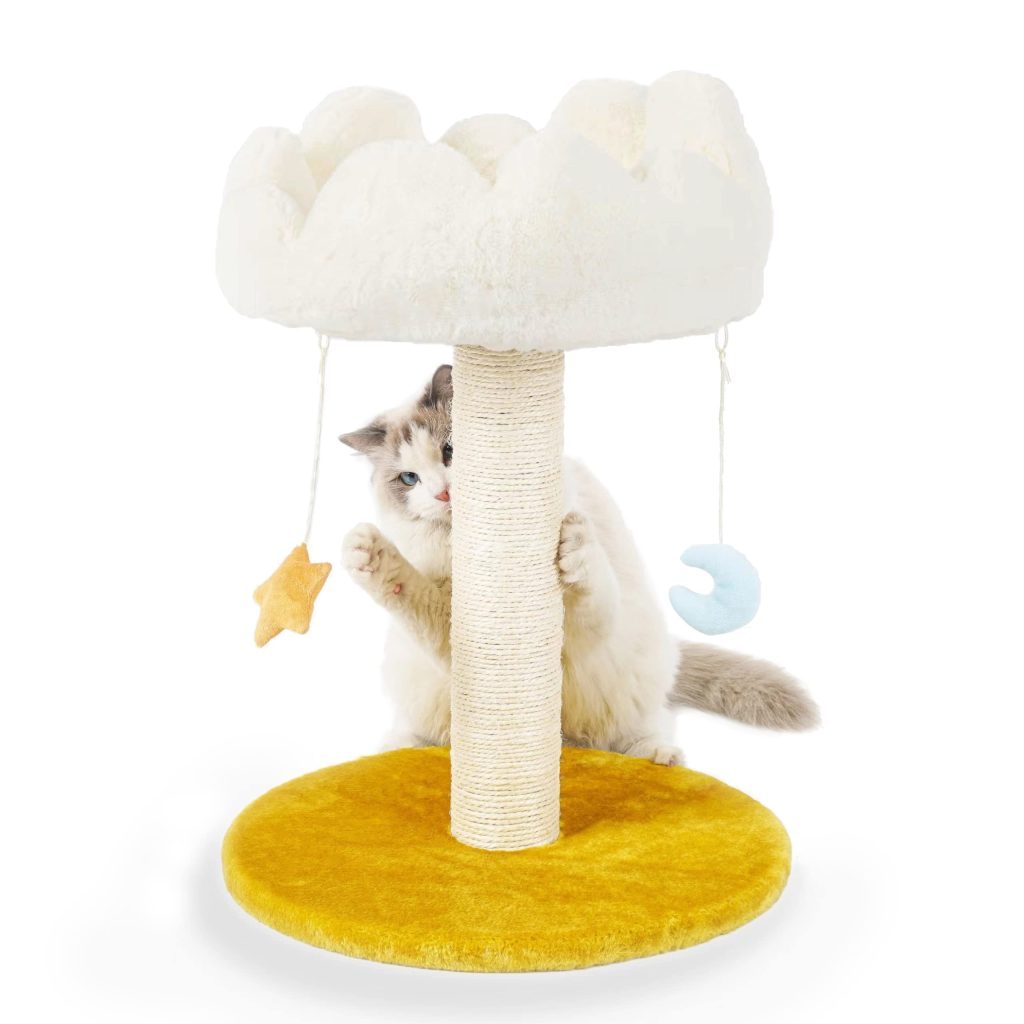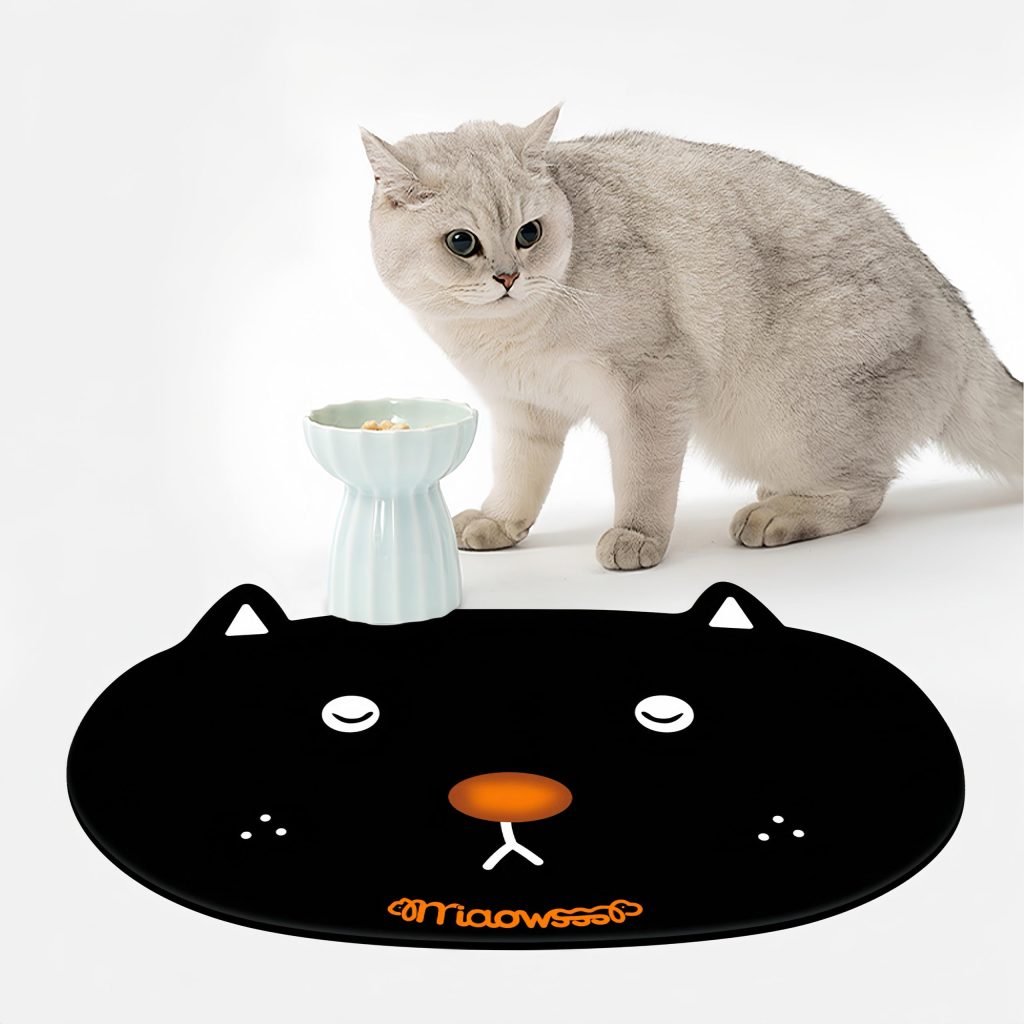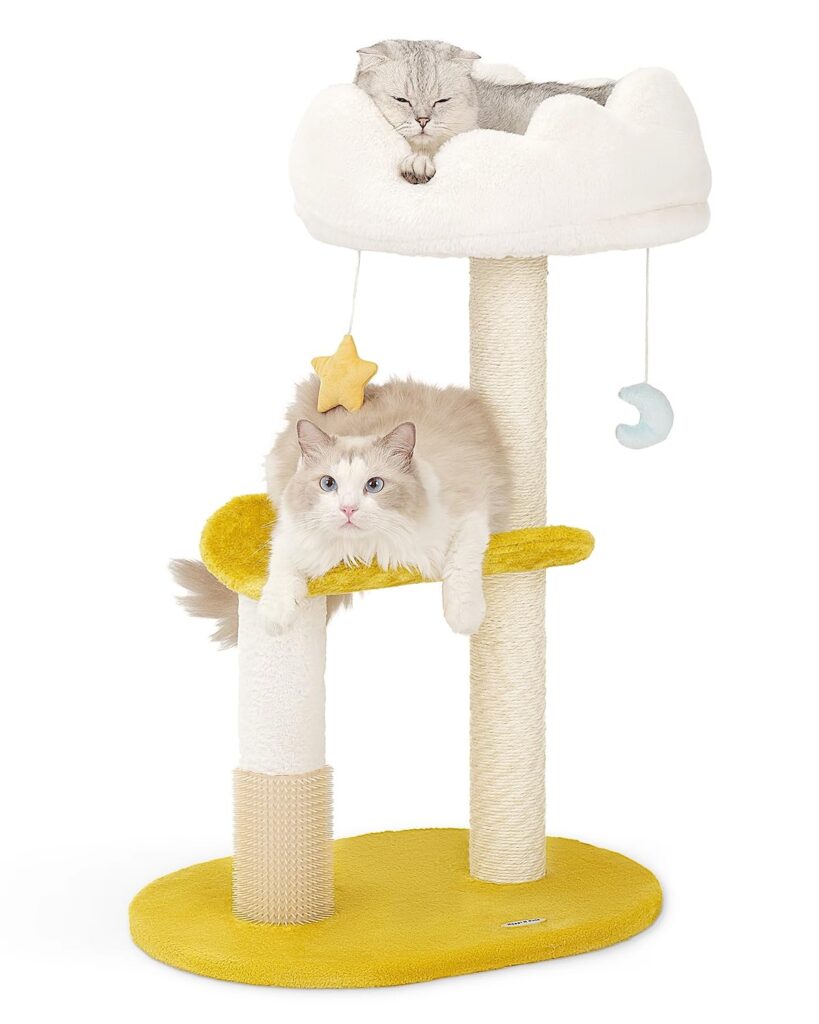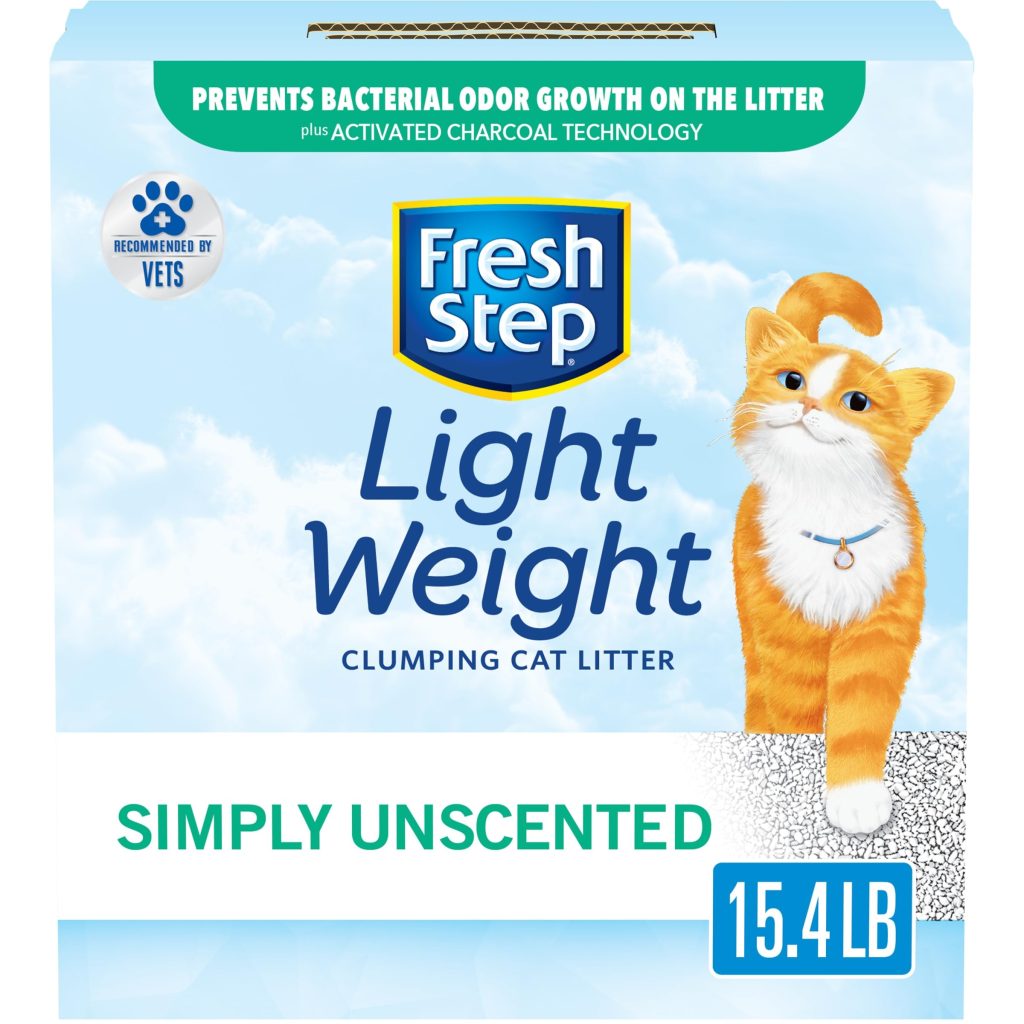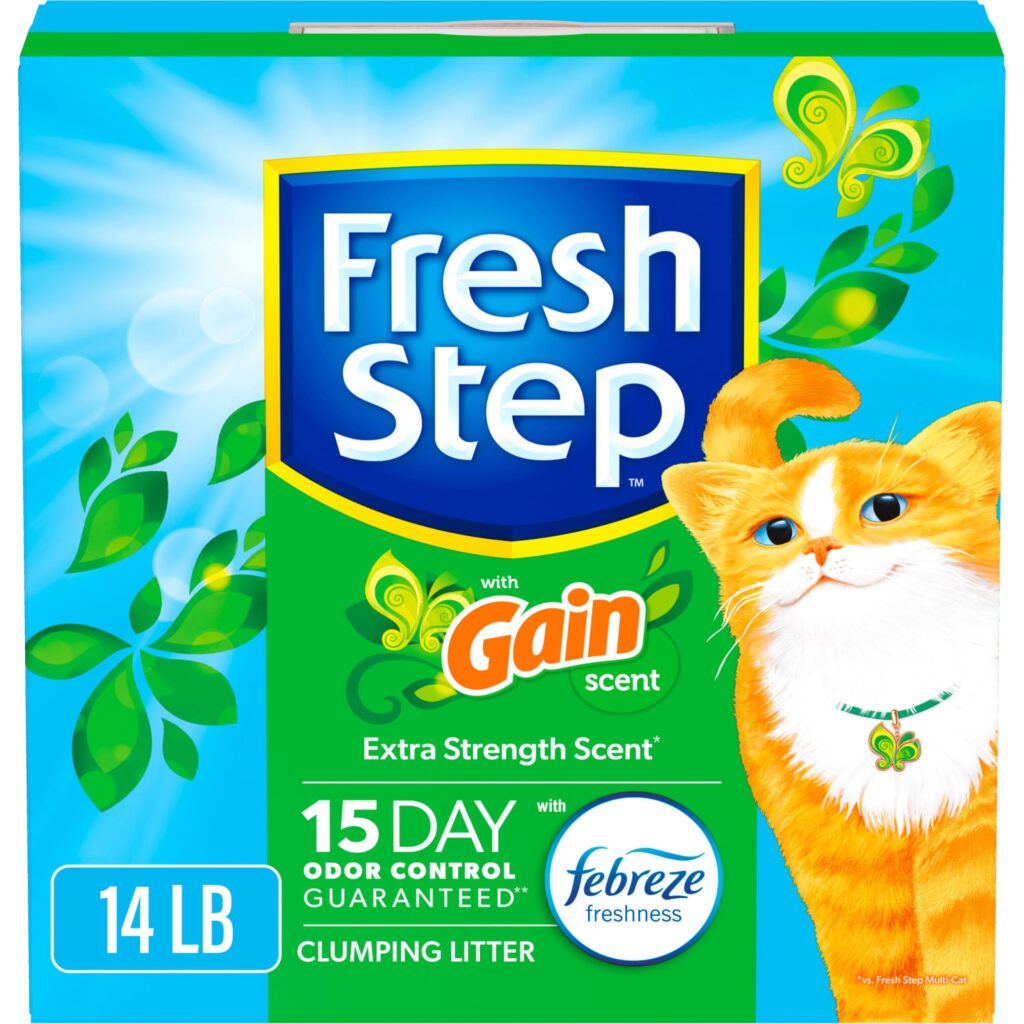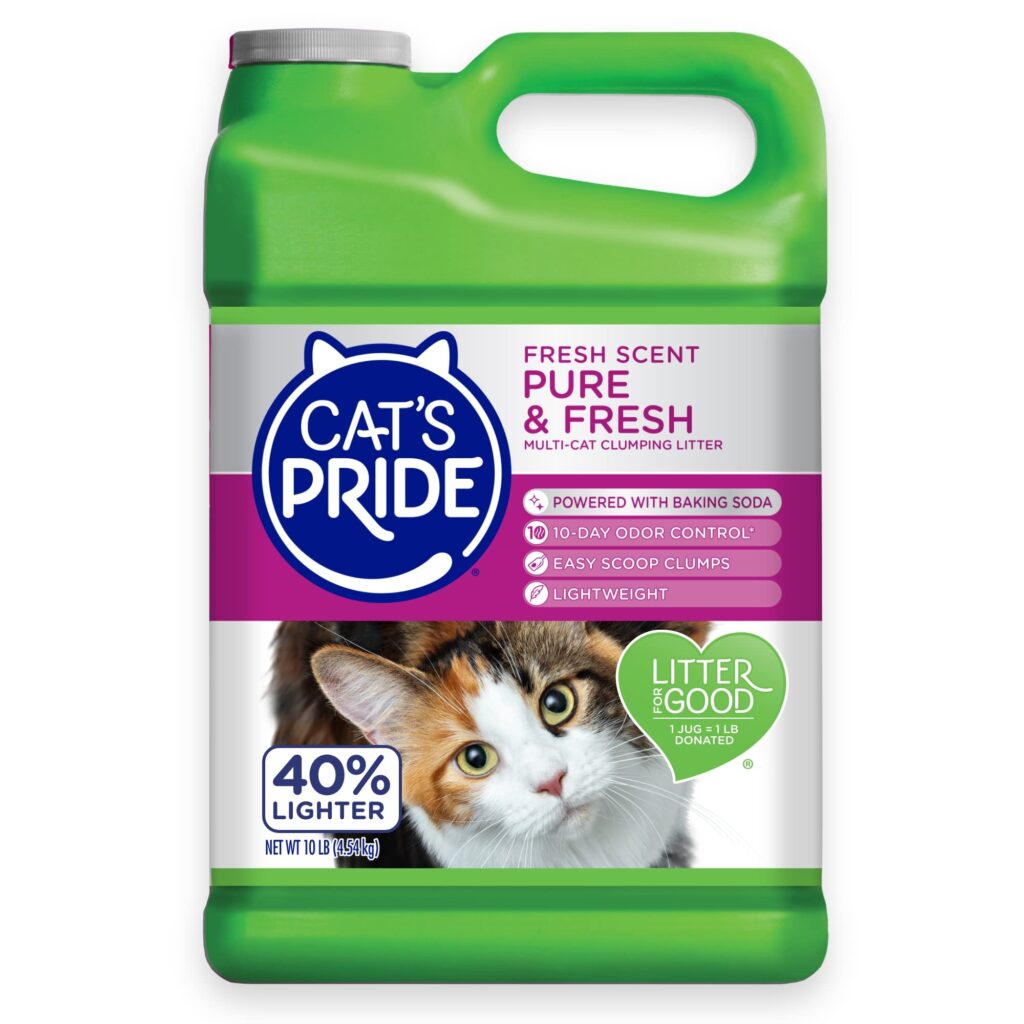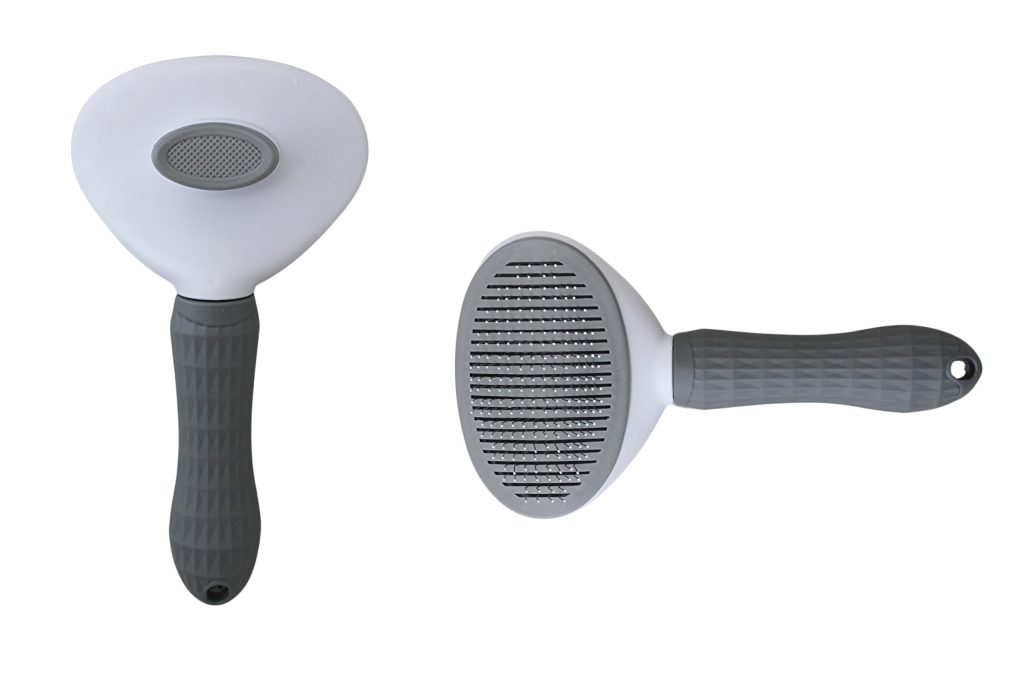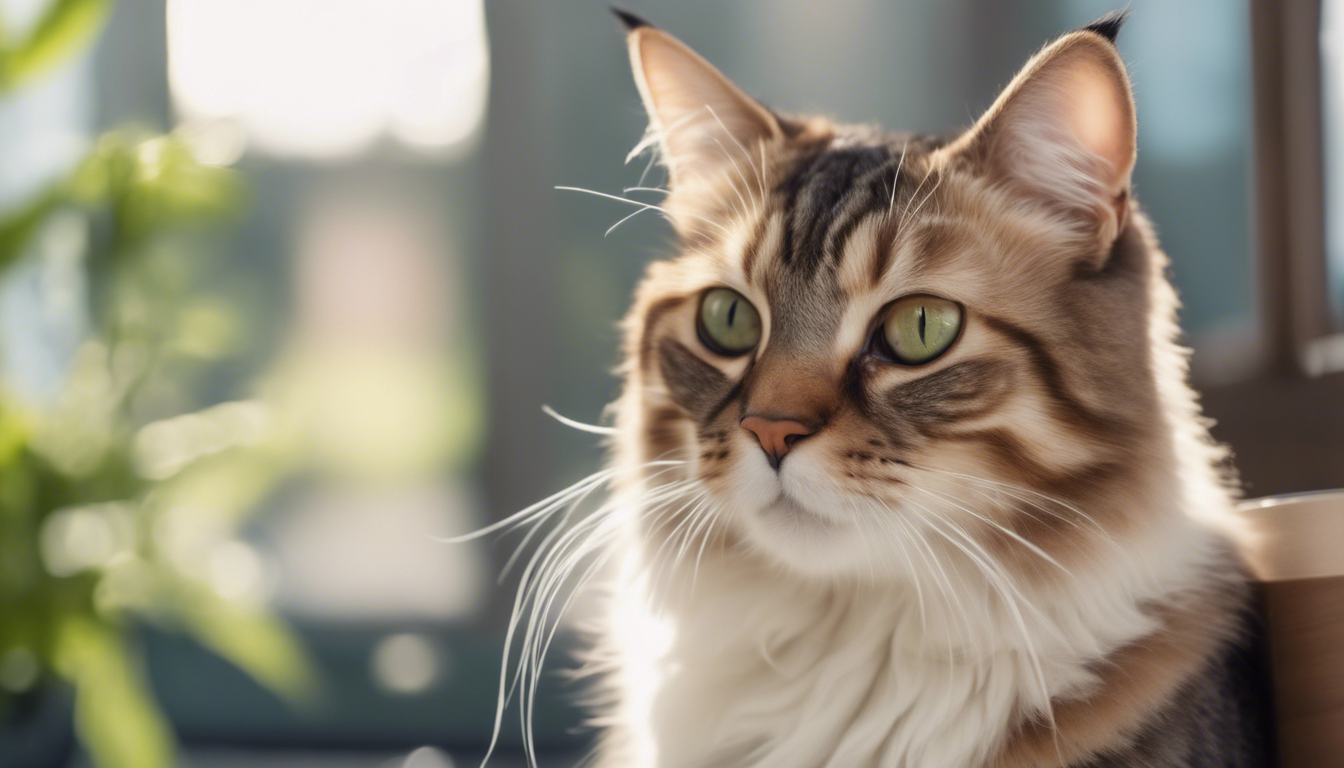
Cats are more than just pets. They are part of the family and their health and well-being are of utmost importance. One key factor in maintaining the wellness of your feline friend is ensuring they have proper nutrition. A balanced diet plays a vital role in their overall health, longevity, and quality of life. Let’s delve deeper into the significance of nutrition in cat wellness, the essential nutritional components, and the positive impact it has on our beloved cats.
The Significance of Nutrition in Cat Wellness
Proper nutrition is essential for all living beings, including our feline companions. Cats are obligate carnivores, which means their bodies require specific nutrients found predominantly in animal tissues. These nutrients cannot be synthesized in adequate amounts by their bodies and must be obtained through their diet.
Feeding your cat a nutritionally complete and balanced diet is vital for several reasons:
- Growth and development: Nutritious food supports optimal growth and development in kittens and ensures they reach their full potential. It provides the necessary energy and nutrients required for healthy bone formation, muscle growth, and a strong immune system.
- Weight management: Nutrition plays a significant role in maintaining a healthy weight in cats. Obesity can lead to various health problems, such as diabetes, joint issues, and heart disease. A balanced diet, along with appropriate portion control, helps maintain an ideal body weight.
- Disease prevention: Adequate nutrition strengthens a cat’s immune system, reducing the risk of various illnesses. A cat that receives all the necessary nutrients is more resilient to infections, allergies, and other diseases.
- Improved organ function: Nutrients such as vitamins, minerals, and antioxidants are important for the optimal functioning of organs like the heart, liver, and kidneys. A well-balanced diet helps maintain the health of these vital organs, contributing to overall longevity.
- Healthy coat and skin: Proper nutrition results in a glossy coat and healthy skin. Essential fatty acids like omega-3 and omega-6 support skin health, improve coat texture, and minimize shedding.
Nutritional Components for Cats
A nutritionally balanced diet for cats should consist of the following essential components:
- Proteins: Cats require a higher protein intake compared to many other animals. Proteins from animal sources like meat, poultry, and fish provide essential amino acids necessary for muscle growth, tissue repair, and the production of enzymes and hormones.
- Fats: Cats need an appropriate amount of healthy fats in their diet. Fatty acids like omega-3 and omega-6 support brain development, ensure a healthy coat and skin, and aid in the absorption of fat-soluble vitamins.
- Carbohydrates: While cats have a low carbohydrate requirement, they can benefit from a small amount of easily digestible carbohydrates. These can provide a source of energy and fiber for digestive health.
- Vitamins and minerals: Cats need a range of vitamins and minerals in their diet to support various bodily functions. These include vitamin A for vision health, vitamin B for energy production, and minerals like calcium and phosphorus for strong bones and teeth.
- Water: Never underestimate the importance of fresh water for cats. It aids digestion, regulates body temperature, promotes healthy kidney function, and prevents dehydration.
The Positive Impact of Nutrition on Cats
A well-balanced and nutritious diet can have a high number of positive impacts on cats, including:
Improved energy and vitality: When cats are provided with all the necessary nutrients in their diet, they have higher energy levels and exhibit greater vitality and playfulness.
Maintained ideal body condition: Proper nutrition helps cats maintain an optimal body weight, reducing the risk of obesity and associated health problems.
Enhanced digestion: A diet rich in fiber and easily digestible ingredients promotes proper digestion and reduces the chances of constipation and gastrointestinal issues.
Reduced risk of urinary tract issues: Proper hydration and the right balance of minerals in a cat’s diet can decrease the likelihood of urinary tract problems, including urinary stones and infections.
Promoted dental health: Some commercial cat foods are formulated to help remove plaque and tartar, supporting good oral health and preventing periodontal diseases.
Ultimately, providing proper nutrition is one of the most significant ways to promote the long-term wellness and happiness of your beloved cat. Consult with your veterinarian to determine the best diet plan tailored to your cat’s specific needs and ensure you are consistently providing high-quality nutrition for your feline friend.

